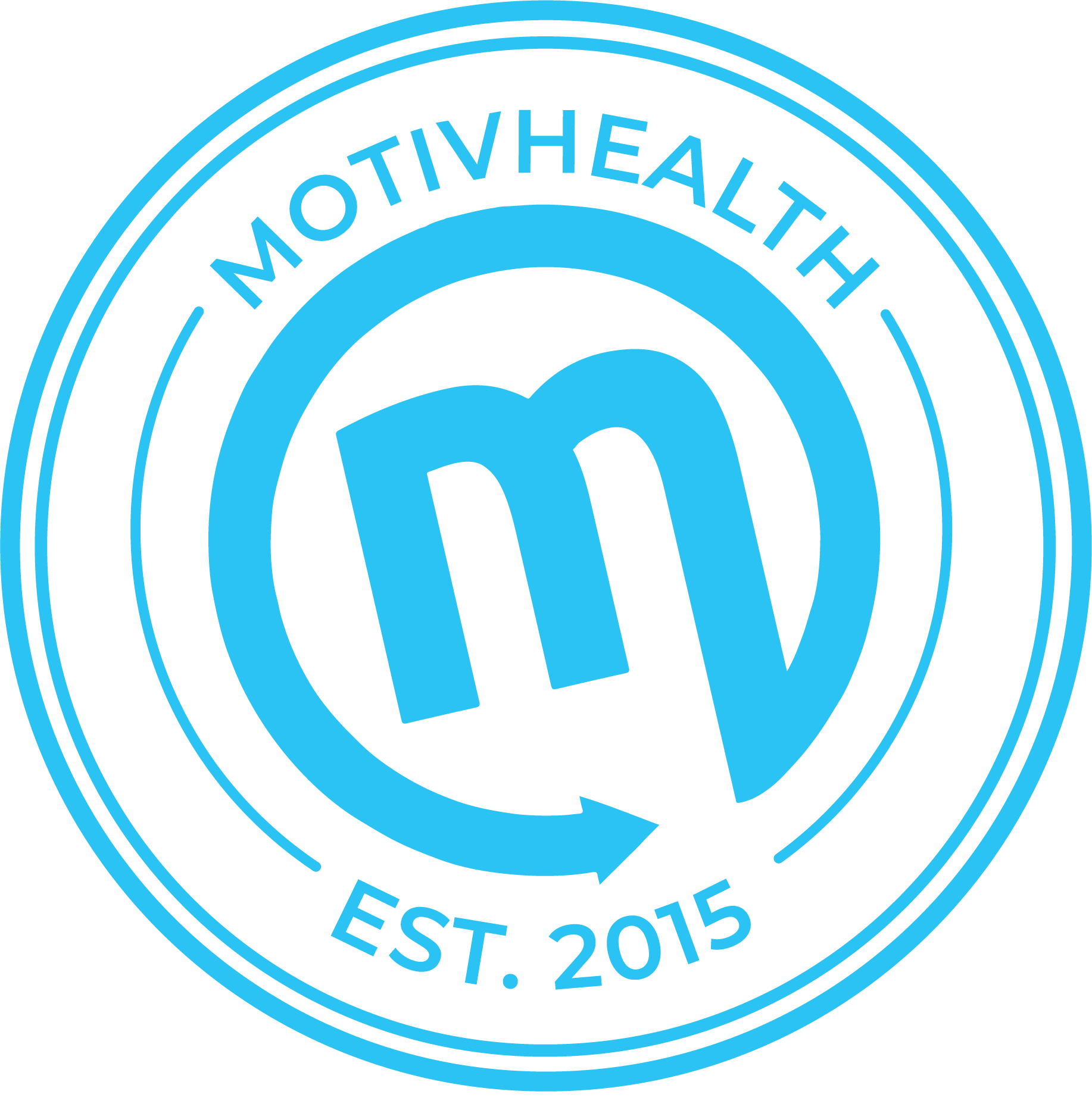HSA FAQs
What is a Health Savings Account (HSA)?
Health Savings Accounts (HSAs) are personal, tax-advantaged, savings accounts. HSAs are accessible to individuals who are enrolled in an HSA-based health plan and can be used to pay for qualified medical expenses, tax-free, for you and your dependents. Funds deposited in an HSA are tax-deductible, accumulate interest tax-free, and can be invested. All funds that are deposited into an HSA belong to the account holder, never expire, and remain accessible even in the event of a job change or retirement. Furthermore, once the account holder turns 65, HSAs act like a 401(k) in that funds deposited can be withdrawn for non-qualified medical expenses and are only subjected to your current income tax rate.
What is an HSA-based health plan?
An HSA-Based Health Plan is a form of health insurance that is paired with a Health Savings Account or HSA. HSA Based Health Plans protect individuals from high, unexpected medical costs, cover preventive care at 100% and offer lower monthly premiums. Premium savings can be deposited, tax-free into an HSA to pay for current or future qualified medical, dental, or vision expenses for you and your dependents. Any funds deposited into your HSA are yours to keep and can be saved over time to help pay for deductibles and coinsurance.
What are the benefits of an HSA-based health plan?
There are many, but to name a few:
- Lower monthly premiums
- Access to a tax-advantaged health savings account (HSA)
- Preventive services covered at 100%
- Coverage for routine and major medical expenses
What are the advantages of an HSA?
There are many advantages to an HSA:
- Funds are deposited tax-free
- Funds accrue interest tax-free
- Lowers your overall tax liability
- Funds are owned and managed by you
- Funds spent on qualified expenses are withdrawn tax-free
- Funds roll over year after year – no “use it or lose it” policy
- Funds can be used for qualified medical, dental, vision and prescription expenses for you and your dependents
- Funds are portable, meaning they go with you when you retire or change jobs
- Funds can be used to pay for Medicare, unemployment and COBRA premiums
What is considered an HSA-qualified expense?
A qualified medical expense is a healthcare related expense as defined by the Internal Revenue Service, Section 213(d) and can be found by clicking here. Examples of qualified medical expenses include, but are not limited to:
- Doctor visits
- Prescription drugs
- Dental services
- Vision care
Have questions? Call us at 844-234-4472
Who can have an HSA?
Qualified HSA holders must:
- Be covered by an HSA qualified health insurance plan
- Not be covered by another health insurance plan, unless it is also HSA-qualified
- Not be enrolled in Medicare
- Not be claimed as a dependent on someone else’s tax return
How much can I contribute to my HSA?
The IRS imposes yearly limits on HSA contributions for individuals and families.
| Year | Individual | Family | Catch Up Contribution (55+) |
|---|---|---|---|
| 2023 | $3,850 | $7,750 | $1,000 |
How can I make HSA contributions?
- Pre-tax contributions via payroll deductions
- Post-tax contributions
- One-time lump payment
- Any time after your HSA is opened
Can I use my HSA funds for non-qualifying medical expenses?
Yes, once you turn 65, but withdrawals for non-medical expenses are taxed as income and subject to a 20% penalty.
How do HSAs compare to FSAs and HRAs?
Health Savings Accounts:
- Financed with employee pre-tax dollars and/or employer contributions
- Distributions for qualified medical expenses are tax-free (employees required to substantiate)
- Account balance belongs to employee and rolls-over from year to year
- Amount withdrawn after age 65 taxable as ordinary income
Flexible Spending Accounts:
- Financed with employee pre-tax dollars
- Distributions for qualified medical expenses are tax-free (compliance determined at time of payment)
- Account balance does not roll from year to year; use it or lose it
Healthcare Reimbursement Accounts
- Financed with employee pre-tax dollars and/or employer contributions
- Distributions for qualified medical expenses are tax-free (compliance determined at time of payment)
- Unused funds may be carried to future years
Still have questions?
MotivHealth Insurance Company
![]() 844-234-4472 | MEDICAL
844-234-4472 | MEDICAL
![]() 385-247-1030 | PHARMACY
385-247-1030 | PHARMACY
![]() 385-308-4400 | EMPLOYERS
385-308-4400 | EMPLOYERS
![]() 385-308-4410 | MOTIVNET – Contract
385-308-4410 | MOTIVNET – Contract
![]() 10421 S Jordan Gateway, Ste. 300
10421 S Jordan Gateway, Ste. 300
South Jordan, UT 84095
Copyright © 2024 MotivHealth Insurance Company. All Rights Reserved.

